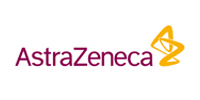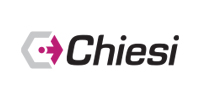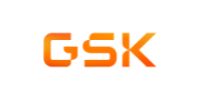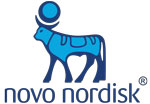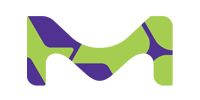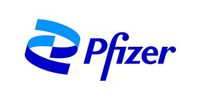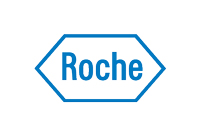
Ontologies proliferate. Their diversity limits semantic interoperability, increases costs, creates semantic siloes and slows the path to data centricity.
Project Deliverables
The project will deliver a public set of key pharma R&D concepts with URIs.
Why is this important?
The pharmaceutical industry faces significant challenges with information management and knowledge transfer throughout its entire range of operations.
Making information more accessible across a business is an overwhelming challenge facing companies, as the information is often fragmented in various silos. This challenge is made even more difficult by the large volumes of information generated, for example by automated R&D processes.
The challenges above are compounded when different pharmaceutical and other enterprises (e.g. CROs) and organizations (e.g. regulatory agencies) need to exchange data.
“FAIR silos”, namely resources complying with the FAIR principles but only meeting interoperability requirements within a given organization and organisational subunit, are emerging.
On the other hand, models and ontologies proliferate. Their diversity limits semantic interoperability, increases costs, creates semantic siloes and slows the path to data centricity in Life-Sciences organizations. Perhaps more critically, there is a lack of controlled definition around entities and the range of terms used to enumerate them. At a minimum, standardization is needed as far as vocabulary for core concepts is concerned.
What will the project achieve?
The Pharmaceutical General Ontology (PGO) goal is to provide a set of public Uniform Resource identifiers (URIs) for key concepts across R&D that can be used throughout the pharmaceutical sector. The overarching goal is to provide a reference set backed by leading pharma companies to facilitate interoperability across companies in the pharmaceutical and life-sciences ecosystem.
How will the project do this?
The purpose of PGO is to provide a lingua franca for the pharmaceutical sector. This will be achieved by experts designated by the Steering group which will, among others:
- Identify key concepts
- Select public resources that can provide identifiers for each concept.
Future extension could include defining a minimal acceptable profile for each concept and the public vocabularies that can be used. While the whole of the medicinal product development life cycle is ultimately in scope, we will focus initially on R&D during 2024. Creating a sustainability model to ensure the continuity of PGO as a reference data product through the Pistoia Alliance is a vital aspect of the project.
For more information please contact giovanni.nisato@pistoiaalliance.org.

PGO acts as “Rosetta Stone” enabling interoperability within and across organisations.


